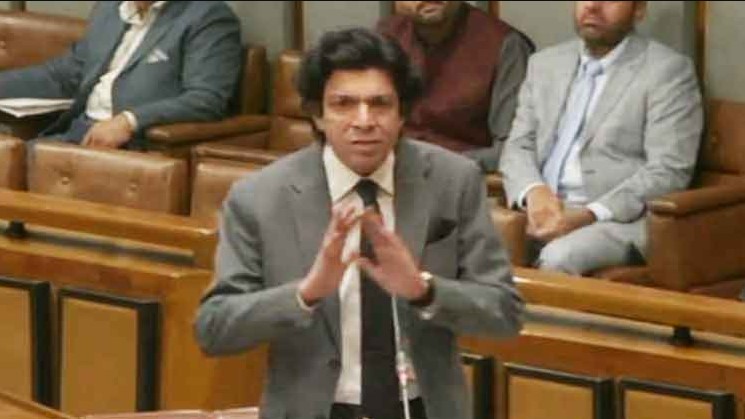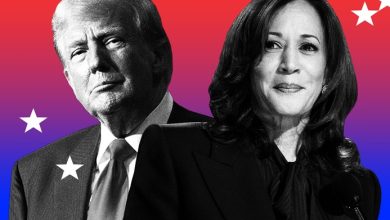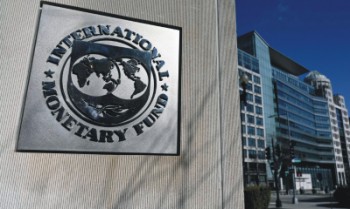
On September 10, 2024, Senator Faisal Vawda delivered a passionate and contentious speech outside the Parliament House in Islamabad, addressing various political and social issues. His remarks, which covered a wide range of topics, have stirred significant attention and debate. This article provides a detailed translation and analysis of Vawda’s speech, exploring its main themes and potential ramifications.
- Criticism of Political Parties and Practices: Senator Vawda began his speech with a scathing critique of the political parties, labeling them as insincere and corrupt. He accused both major political parties—referred to as “Party A” and “Party B”—of pretending to be principled while engaging in unethical practices behind the scenes. According to Vawda, these parties only exhibit bravado in public while compromising their integrity in private.
- Public Versus Private Actions: Vawda highlighted what he perceives as a disconnect between the public personas and private actions of political figures. He suggested that these leaders are adept at maintaining a facade of righteousness while being involved in dubious activities.
- Strong Rejection of Political Manipulation and Corruption
Vawda expressed his frustration with the current state of politics, denouncing the use of derogatory language and the spreading of misinformation. He emphasized the need for genuine political conduct and condemned the practice of using political influence for personal gain.
- Direct Challenge: Vawda challenged the politicians to prove their strength and commitment by facing real challenges in provinces like Punjab, Sindh, or the capital, Islamabad. He suggested that true political strength is demonstrated through action rather than mere rhetoric.
- Response to Allegations and Personal Accountability
Addressing recent allegations and controversies, Vawda defended himself and his colleagues against accusations of misconduct. He asserted his commitment to ethical politics, emphasizing that he would not resort to personal attacks or engage in gutter politics.
- Defense of Media and Women: Vawda acknowledged the efforts of media personnel and women working in challenging environments. He criticized the treatment of female journalists and other professionals, asserting that they deserve respect and recognition for their contributions.
- Discussion of Arshad Sharif’s Murder
A significant portion of Vawda’s speech focused on the murder of journalist Arshad Sharif, whom he described as a friend. Vawda claimed that the case had connections to powerful individuals, including retired military personnel, which might necessitate a military court’s involvement.
- Call for Justice: Vawda vowed that Sharif’s death would not go unanswered and expressed determination to ensure that justice is served. He indicated that the investigation into Sharif’s murder would reveal the truth and hold those responsible accountable.
- Criticism of Government Actions and Decisions
Vawda also criticized the current government’s handling of various issues, including the management of resources and infrastructure. He accused the government of mismanaging its duties and failing to address key challenges effectively.
- Government’s Performance: Vawda specifically criticized the government’s handling of the Ministry of Interior and other departments, suggesting that they were not fulfilling their roles adequately.
- Comments on Political Influence and Corruption
Vawda’s speech included sharp comments about the influence of certain individuals in the political arena. He pointed out instances where politicians and officials had made bold claims only to be proven wrong or ineffective.
- Political Corruption: Vawda highlighted cases where officials had claimed to be untouchable or above accountability but later faced legal consequences. He used these examples to underscore the need for transparency and integrity in politics.
Implications and Reactions
- Increased Political Tensions
Vawda’s speech is likely to exacerbate existing political tensions in Pakistan. His harsh criticism of major political parties and government officials could fuel further divisions and conflict within the political landscape.
- Impact on Public Perception
The speech may influence public perception of the current government and political figures. Vawda’s accusations and calls for reform could resonate with citizens who are disillusioned with the state of politics and governance in Pakistan.
- Potential for Legal and Political Fallout
The allegations related to Arshad Sharif’s murder and other controversial statements made by Vawda could lead to legal and political consequences. The involvement of military personnel and high-profile individuals in the investigation may heighten scrutiny and controversy surrounding the case.
- Media and Public Discourse
Vawda’s comments about media personnel and women in the workplace may prompt discussions about their roles and treatment in Pakistani society. His defense of journalists and criticism of mistreatment could lead to increased focus on these issues in the media.
Conclusion
Senator Faisal Vawda’s speech has brought several contentious issues to the forefront of Pakistani politics. By addressing allegations of corruption, criticizing government policies, and defending key individuals, Vawda has set the stage for further debate and scrutiny. As the political landscape continues to evolve, the impact of Vawda’s statements will likely influence ongoing discussions and developments in the country.



